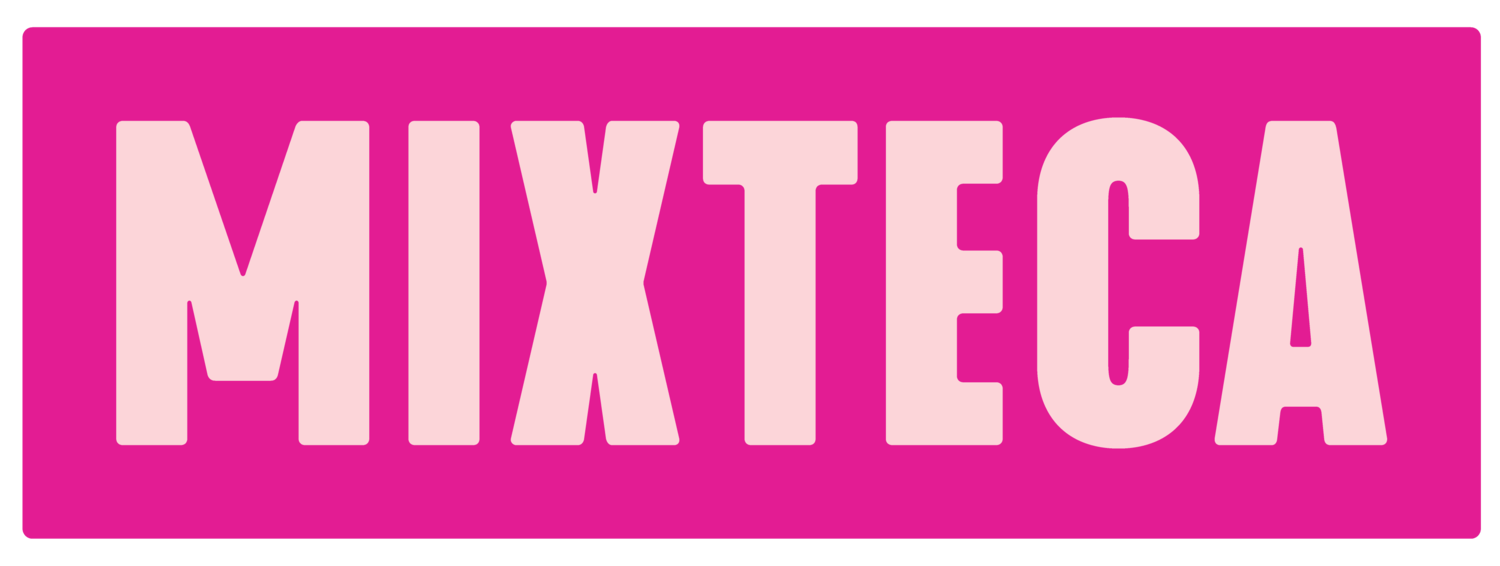5 things to know: ‘Asylum Seeker Crisis’
In 2022, an unprecedented number of individuals, tens of thousands, have arrived in New York City, many of whom are seeking asylum status. At the beginning of 2023, New York City Mayor, Eric Adams, issued an emergency aid request to the state, while this past May, Governor Kathy Hochul declared a state of emergency over the expected migrant influx, due to the lifting of Title 42.
These are 5 things to know about the current asylum seeker crisis in New York City:
1. As of this month, more than 72,000 asylum seekers have been bused to New York City from the southern border since last spring, according to the mayor's office. More than 46,000 asylum-seekers are currently in the city’s care¹.
In the past year, Mixteca has been at the forefront of supporting thousands of newly-arrived asylum-seekers from across Latin America arriving in New York City. We are currently assisting approximately 8,000 individuals receive essential services including: Food, toiletries, benefits access, translation services, immigration assistance, adult education, workforce development training and more!
2. Title 42, the Covid-era policy that allowed US authorities to quickly deport migrants was lifted last month. Since March 2020, Title 42 has been used to expel people from the U.S.-Mexico border over 2.8 million times. Of all migrants encountered at the border since March 2020, 50 percent were quickly expelled, usually into Mexico².
As a result of the conclusion of Title 42, the expected surge of asylum seekers into New York City and the surrounding areas will have major implications for migrants in need of support and critical resources. New York City based non-profits, including Mixteca, are currently scrambling to provide everything from clothing and food to housing and mental health support to newly arrived asylum seekers.
3. New York is the only major city in the country that offers a legal “right to shelter” to anyone within its borders who requests it. The right to shelter has been in place for more than four decades in New York, after a court in 1981 required the city to provide temporary housing for every homeless person who asks for it. Other big U.S. cities don't have such a rule³.
Mixteca is currently assisting thousands of families living in six shelters across Brooklyn and the surrounding areas.
4. The majority of asylum seekers arriving to the U.S. and transported to cities across the states, including New York City, from countries across Latin America include: Cuba, El Salvador, Guatemala, Haiti, Honduras, Nicaragua, Peru, and Venezuela and remain at all-time highs.⁴
As the only Spanish speaking organization in Brooklyn providing key services to asylum seekers, most who have limited or no English proficiency, Mixteca staff and volunteers provide culturally-appropriate support in Spanish and 4 Indigenous languages to ensure that newly-arrived asylum-seekers from across Latin America are aware of their rights and can access available resources, making Mixteca an essential link to services for hard-to-reach Indigenous groups.
5. Asylum seekers experience high rates of mental illness, in particular PTSD and depression and tend to be at elevated risk of suicide. The current crisis is bringing attention to the effects migration and the immigration process, including the shelter system, have on mental health.⁵
Mixteca’s Mental Health and Resilience Program supports the rising number of Latinx and Indigenous asylum seekers struggling with immigration trauma and other mental health challenges in New York. The primary goal of our Mental Health and Resilience Program is to help Latinx and Indigenous residents of New York to mitigate specific challenges in accessing appropriate mental health supports and resources. The program currently provides intergenerational, culturally-guided and language-specific counseling and programs for asylum seekers with a focus on immigration trauma including youth, parents, women, and survivors of gender-based violence.
Help Mixteca respond to the asylum seeker crisis here!
—
¹ NYC.gov, June 5, 2023
² Title 42, Youtube.com, June 8, 2023
³ APNews, May 23, 2023
⁴ Migration Policy, May 10, 2023
⁵ National Library of Medicine, Sept. 17, 2020



